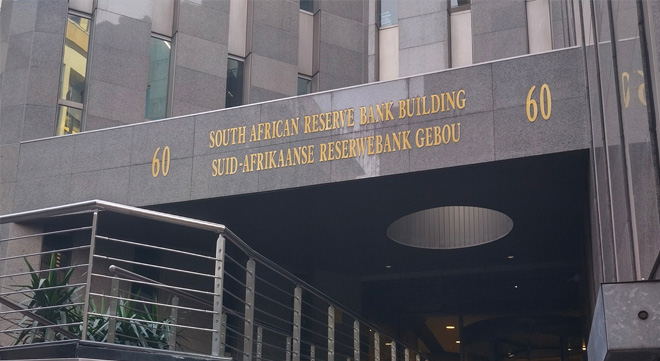Last month’s High Court judgment which found that cryptocurrencies are not subject to the Exchange Control Regulations has been suspended following the filing of an application for leave to appeal.
Therefore, South African businesses and individuals who engage in cross-border cryptocurrency transactions should not assume their compliance obligations under the Exchange Control Regulations have been relaxed.
In a judgment delivered on 15 May, the High Court in Pretoria found that cryptocurrencies do not fall within the definitions of “money” or “capital” as contemplated in the Regulations.
The question of whether cryptocurrencies constitute “capital” under Regulation 10(1)(c) was brought before the court by Standard Bank, which challenged the South African Reserve Bank’s forfeiture of funds linked to cryptocurrency transactions initiated by Leo Cash and Carry (Pty) Ltd (LCC).
LCC, a Rustenburg-based wholesaler, secured an overdraft from Standard Bank in 2020. It pledged R15m in a money market account as security and used R10m of the funds to settle its Nedbank overdraft.
A year later, the SARB’s Financial Surveillance Department (FinSurv) froze both accounts, alleging LCC had breached the Exchange Control Regulations.
According to FinSurv, LLC acquired Bitcoin on local exchanges and transferred about 4 405.9783 BTC – then valued at R556m – to Seychelles-based crypto exchange Huobi Global.
In February 2023, the SARB declared both amounts forfeit to the state under Regulation 22B.
Standard Bank challenged the forfeiture. It argued the R16.4m in the pledged account belonged to it as security for the overdraft, and it had no knowledge of any regulatory breaches. It also argued that cryptocurrency is not “money” or “capital”.
The High Court found that cryptocurrency is not legal tender in South Africa, nor is it captured under the definitions of “money” or “capital” in the Exchange Control Regulations.
“To me, on any construction, much less on a restrictive interpretation, cryptocurrency falls outside the ambit of capital under Regulation 10(1)(c). I agree with the counsel for the applicant that a regulatory framework addressing cryptocurrency is long overdue,” said Judge Mandlenkosi Motha.
He set aside the forfeiture order in respect of the R16.4m. But he dismissed Standard Bank’s application to set aside the forfeiture of R10m in the Nedbank account, finding that the bank lacked locus standi.
Read: Cryptocurrencies outside Exchange Control Regulations, court rules
SARB files an appeal
Legal experts predicted the authorities would respond swiftly to the judgment – by proposing amendments to the Exchange Control Regulations and/or by filing an appeal – considering it potentially opened the door for unlimited funds to leave South Africa using cryptocurrencies.
And this proved correct. On 23 May, the SARB (the first respondent) and SARB deputy governor Nomfundo Tshazibana (the third respondent) filed an application for leave to appeal.
The application seeks to overturn the court’s determination that cryptocurrencies do not constitute “money” or “foreign currency”. The respondents maintain that LCC’s conduct ought to have been held to contravene the Exchange Control Regulations. The thrust of their argument is that the High Court should have concluded that cryptocurrency falls within the ambit of “capital” (or at the very least, amounting to a right to capital), thereby triggering Regulation 10(1)(c).
In the respondents’ view, the court should have examined the effect of these transactions – that is, an alleged export of capital – rather than focus exclusively on whether cryptocurrency per se constitutes “capital”.
They contend the court erred in failing to find that Regulation 22C applied in this case. Regulation 22C allows the SARB to block transactions where there is a reasonable suspicion of exchange control violations.
Status quo remains
An important consequence of the application is that the supposed clarity provided by the High Court on whether cryptocurrency is regarded as “capital” will be subject to reconsideration by the Supreme Court of Appeal or, alternatively, the Full Bench of the Gauteng Division of the High Court.
“Under section 18(1) of the Superior Courts Act, the operation of a court’s decision is suspended pending the outcome of an application for leave to appeal. Accordingly, the status quo, as it was prior to the judgment, remains in effect, and it is prudent to adopt a more conservative approach when dealing with issues surrounding crypto in a cross-border context,” says Micaela Paschini, Team Lead: Tax Legal at Tax Consulting SA.
Paschini also told Moonstone that the judgment did not have any implications for how cryptocurrency transactions should be treated for tax purposes.
“The judgment deals strictly with exchange control matters and does not impact or provide for the tax treatment of crypto assets. Any sales, trading, or other forms of economic activity involving cryptocurrency are taxable in South Africa,” she said.




